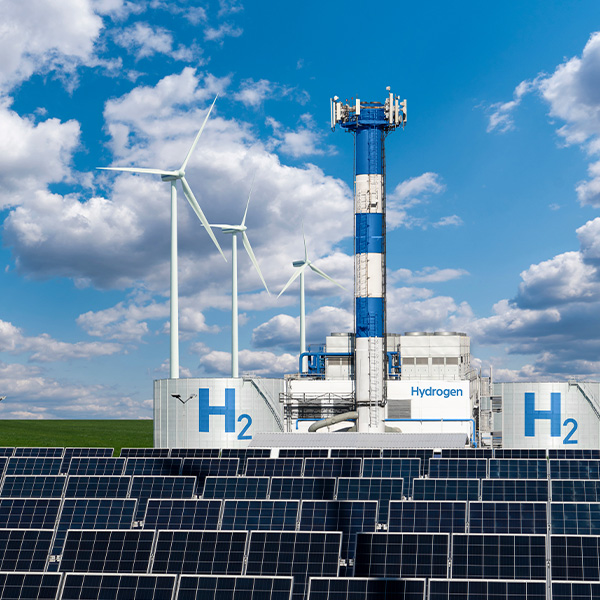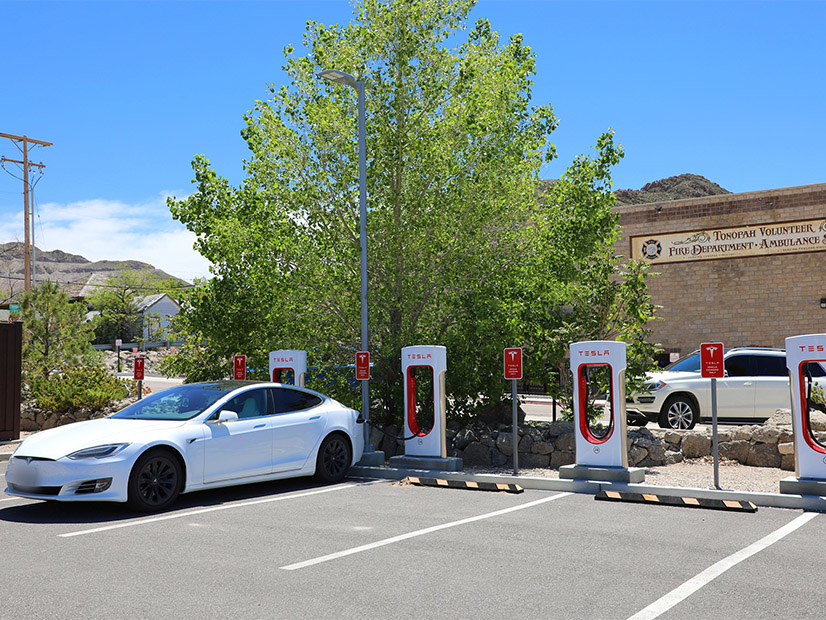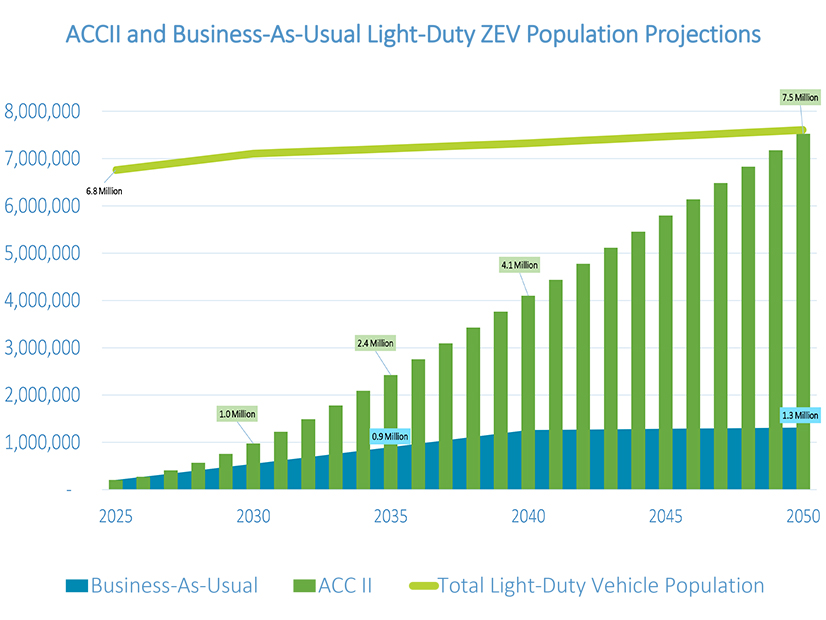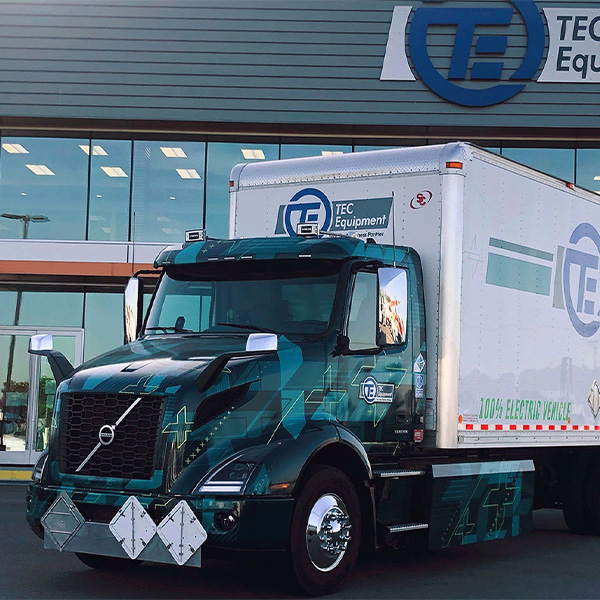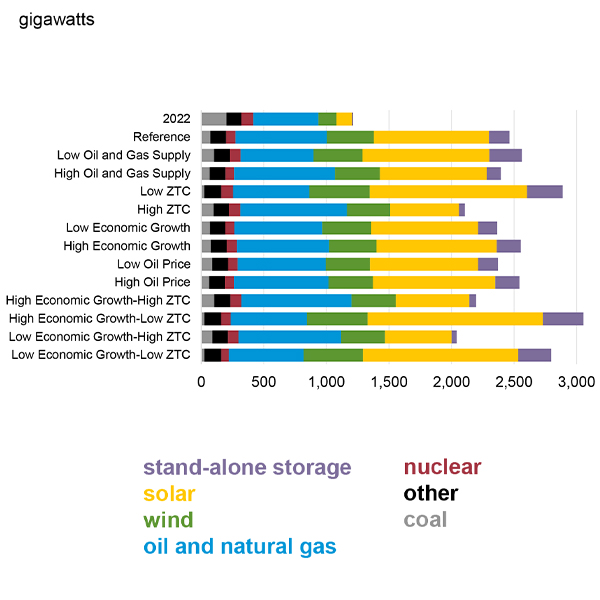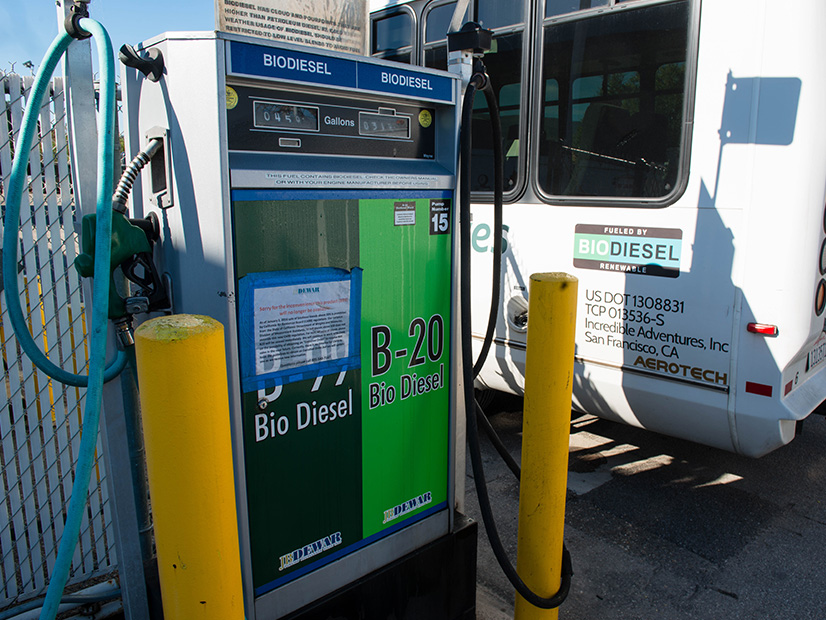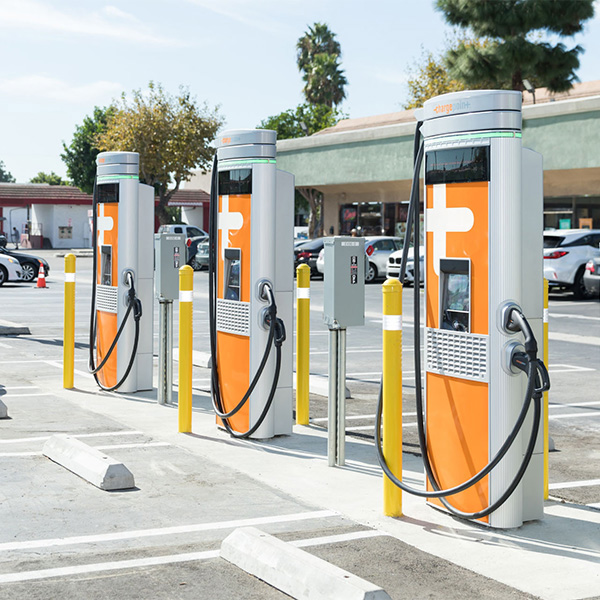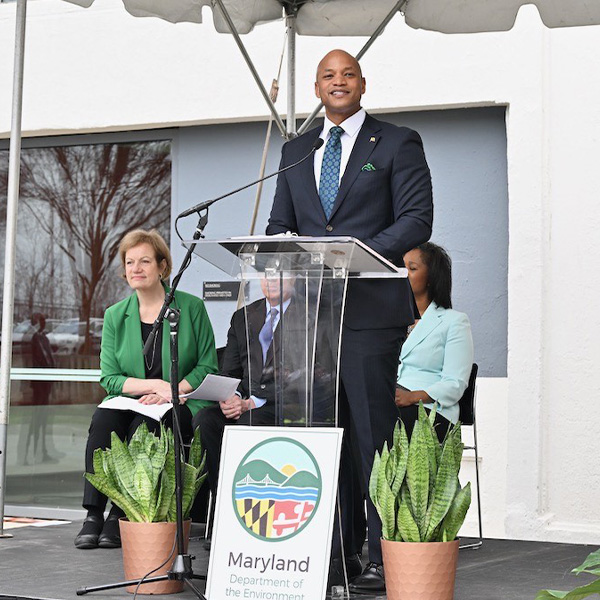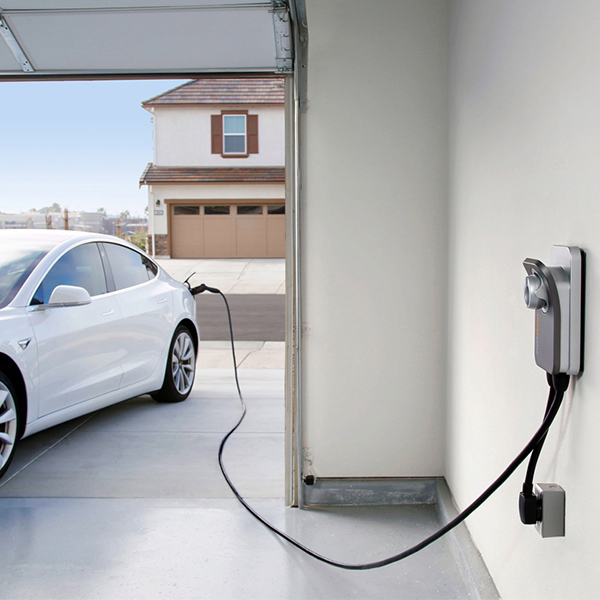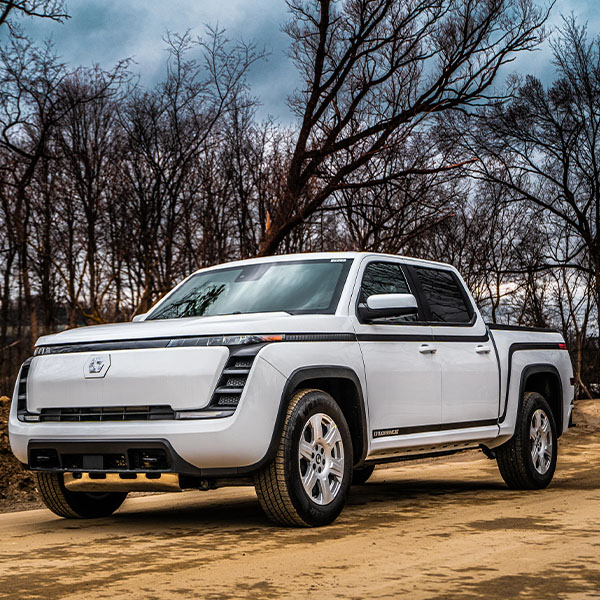Transportation Decarbonization
Airplane DecarbonizationEV chargersHeavy-duty vehiclesBattery Electric Buses (BEB)Fuel Cell Electric Buses (FCEB)Light-duty vehiclesBattery Electric VehiclesFuel Cell VehiclesPlug-in hybrid electric vehiclesShip electrificationClean Ports
DOE released three reports assessing how the U.S. can decarbonize by 2050 through massive deployment of hydrogen, advanced nuclear and energy storage.
The state is looking to deploy its NEVI funds while assisting other entities with obtaining additional federal grants to expand charging.
Supporters of New Jersey’s efforts to adopt California’s ACC II rule urged officials to move faster, citing the danger of missing a crucial year-end deadline.
Good news is reportedly on the way to the California Air Resources Board regarding federal approval for its Advanced Clean Trucks regulation.
EIA projects the U.S. will be able to cut energy-related CO2 emissions 25 to 38% below 2005 levels by 2030, which falls short of President Biden’s target.
A bill that would establish a low-carbon fuel standard in New Mexico awaits a House vote as the state legislature races toward the end of the 2023 session.
The U.S. Department of Transportation announced a new round of funding aimed at putting EV chargers “particularly in underserved and disadvantaged communities.”
Maryland will fast-track adoption of California’s ACCII rule, requiring that 100% of all new passenger cars sold in the state be zero-emission vehicles by 2035.
DERs are still a couple years away from actually participating at the wholesale level as FERC works on RTO and ISO compliance with Order 2222.
Lordstown Motors is uncertain whether it will resume production of its electric pickup truck following a second recall to address supply chain quality issues.
Want more? Advanced Search
